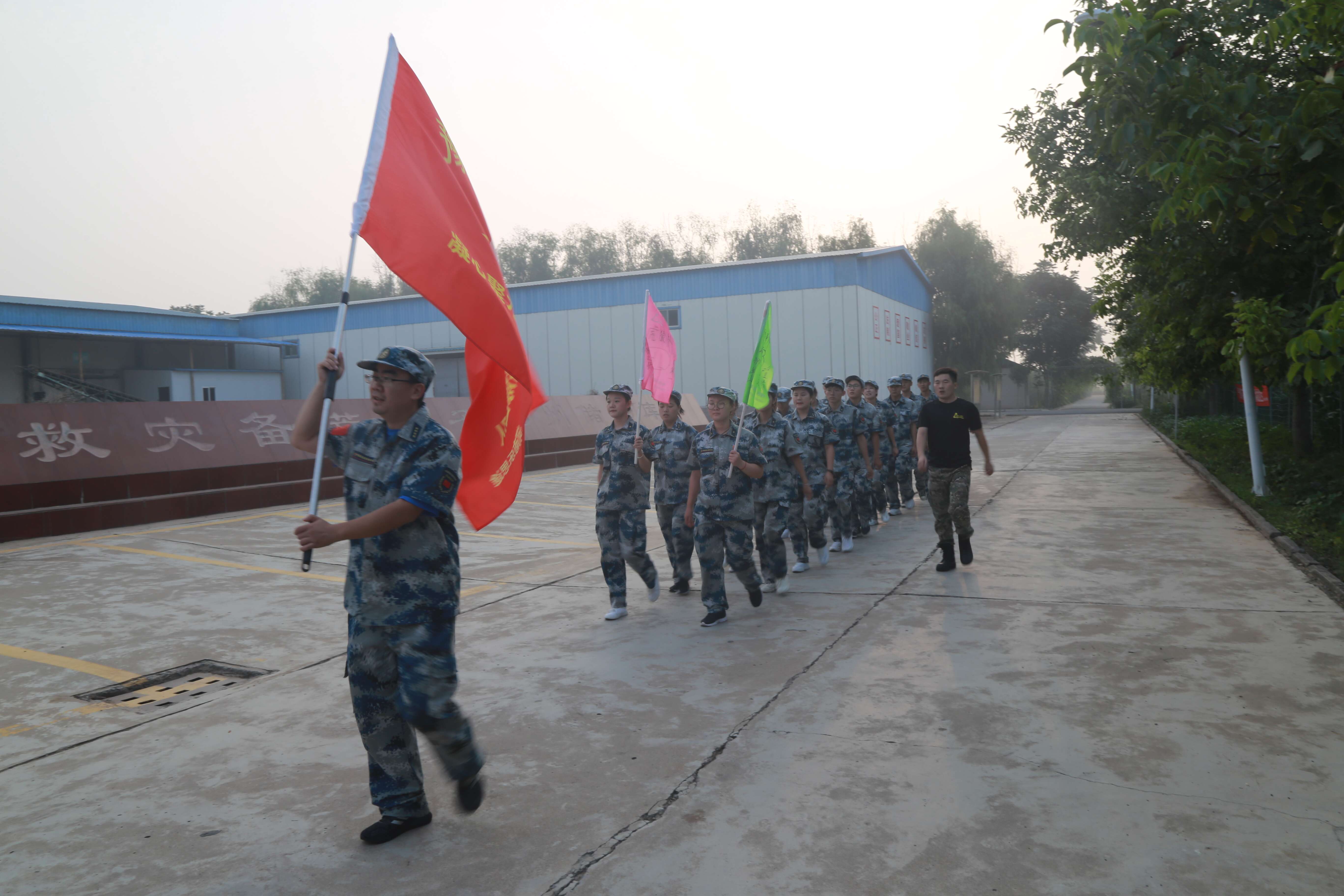- 关注我们:
-
微信公众号

- 豫升掌上英语App下载
易错的近义动词的辨析(二)
1. take作“带去”“拿去”解;从近处把东西送到远处
例句:
(1)She'll take her children to the park.(她要带孩子去公园。)
(2)It's raining, you'd better take an umbrella with you.(下雨了;你最好把雨伞带上。)
2. bring“拿来;带来”;从远处把东西拿到近外
(1)Bring the dictionary to me.(把字典拿给我。)
(2)Please bring your report with you when you come tomorrow.
(明天你来的时候,请把你的报告带来。)
3. carry作“携带,带去;搬运”
(1)She always carries a red handbag.
(她总是带一个红色手包。)
(2)Please carry this TV set upstairs.
(请把这台电视搬到楼上去。)
4. fetch作“去…取来,拿来;叫某人来”
(1)The football is over there. Fetch it please.
(足球在那边呢,请把它拿回来。)
(2)Fetch the police at once. We've found the robber.
(马上去叫警察来,我们已经发现那个抢劫的人。)
1. wear穿着,戴;留,表示“状态”是及物动词需加宾语
例句:
(1)She always wears a pair of glasses.(她总是戴着一副眼镜。)
(2)He wears a black jacket today.(今天他穿着一件黑色的夹克。)
2. put on穿上,戴上,表示“动作”
例句:
(1)The teacher put on his hat and went out of the office.(老师戴上帽子然后走出办公室。)
(2)Put on the gloves .It's cold outside.(戴上手套外面很凉。)
3. dress作“穿着…的衣服”解;给某人穿衣服不用写衣服
例句:
(1)She is dressed in red.(她穿着红衣服。)
(2)The mother dresses the child every day.(那位母亲每天给孩子穿衣服。)此句不能加衣服。
(3)She dresses herself in red.(此句等于第一个例句。)
1. lie不及物动词,躺;位于
lie—lay—lain—lying例句:
(1)Shanghai lies to the south of Beijing.(上海位于北京的南方。)
(2)She has lain in bed for three days.(她已经在床上躺了三天了。)
2. lay及物动词,放置;下蛋
lay—laid—laid—laying
例句:(1)These hens lay eggs every day.(这些鸡每天下蛋。)
(2)He laid his hand on my shoulder.(他把手放在我的肩上。)
3. lie不及物动词,说谎
lie—lied—lied—lying
例句:(1)Don’t lie to me.(别骗我。)
(2)She lies about her career.(她编造她的经历。)
1. rise(太阳、月亮)升起,起来;(物价)上涨;(水)高涨
rise—rose—risen—rising
例句:(1)Everyone knows that the sun rises in the east.(每人都知道太阳是从东方升起。)
(2)Prices have risen quickly.(物价快速上涨了。)
(3)She rose to her feet.(她站了起来。)
2. raise举起;养育;募款
raise—raised—raised—raising
例句:(1)Raise your hand please.(请你把手举起来。)
(2)The farmer raises a lot of sheep on his farm.(这位农民在农场养了许多绵羊。)
3)They are raising founds for the expedition.(他们正在筹募探险的基金。)
3. arise(问题、困难)发生、产生、出现;起(风、雾)
arise—arose—arisen—arising
例句:(1)A strong wind arose this morning.(今天早上刮起强风。)
(2)A different problem has arisen.(不同的问题发生了。)
(3)A mist arose from the lake.(湖上起雾了。)
4. arouse通常表示比喻或情绪方面的“激发”
arouse─aroused─aroused─arousing
例句:(1)The book aroused my interest in learning English.(这本书引起我对学习英语感兴趣。)
(2)The speaker aroused the anger of the audience.(演讲者激起了听众的怒气。)
5. rouse通常表示比较具体的“叫醒”或“唤醒”
rouse─roused─roused─rousing
例句:(1)The sound roused him from reflection.(声音使他从深思中惊醒。)
(2)The lies he heard about his friend roused his anger.
(听到有人对他朋友造谣,使他怒火中烧。)













